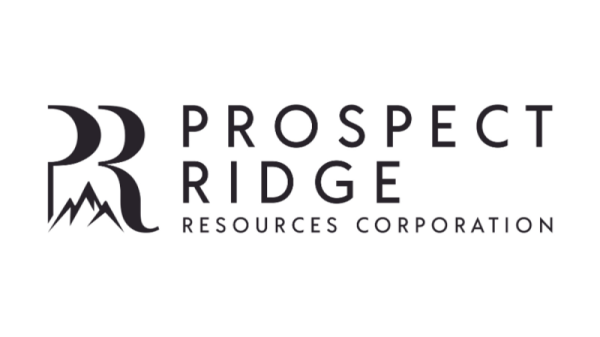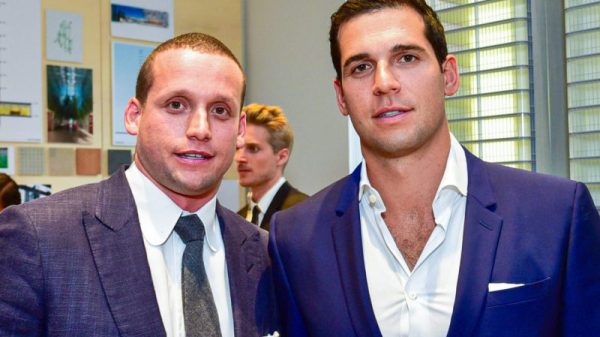There is little reason at this point in time to think that Donald Trump will not be the Republican Party’s 2024 nominee for president.
That doesn’t mean he will be, certainly. By this time next year, the nomination will be determined and it is possible that someone other than Trump will be advancing to the general election. It’s just that, given what we know now about the race — including from new polling conducted by Siena College for the New York Times — the default assumption should be that no one will successfully outmaneuver Trump once voting gets underway.
And as that poll suggests, “no one” certainly includes Florida Gov. Ron DeSantis.
The poll’s top-line conclusion is a pretty clear piece of evidence to that effect. Trump leads the field with the support of 54 percent of likely primary voters. DeSantis, the only other candidate above 3 percent, has one-third the support. This is not an outlier; those numbers comport with the current polling average compiled by FiveThirtyEight.
Dig into the numbers a bit, though, and you see why this pattern exists.
It isn’t solely that Trump’s ongoing legal travails are not hindering his position (even if they aren’t demonstrably helping him, as Trump claims). A fifth of those who say they believe that Trump broke federal law still plan to vote for him anyway. But that’s not many Republican primary voters, since most primary voters say they don’t think he broke federal law. As the Times’s Shane Goldmacher notes, Trump gets equivalent support from those who think he broke the law as DeSantis gets from primary voters in general.
It’s also that Republican primary voters view Trump as more capable — and enjoy him more as a candidate. The Times-Siena poll offered voters six descriptors and asked whether each one better described Trump or DeSantis. Trump was seen as a strong leader by a 47-point advantage and as able to get things done by about the same margin. Both candidates were seen as equally likable. But Trump was much more likely to be described as “fun” — with even DeSantis supporters saying that term better described Trump than their own candidate.
This is one of those things that sober political observers find frustrating. We should not pick candidates based on how “fun” they are. Twenty years ago, this was the “Who would you want to get a beer with?” test and it advantaged George W. Bush over Al Gore and John Kerry. And, of course, Bush defeated both of those Democrats for the presidency, even if the first carried an asterisk.
Here, this is a reflection less of DeSantis’s by now endlessly-discussed-to-the-point-of-being-self-reinforcing awkwardness on the trail. After all, primary voters see him as likable, as they do Trump. Instead, it is probably more a reflection of the approach each takes to politics. Trump, the entertainer, yells and disses and jokes and lies. DeSantis, the career politician, mostly gets angry at his critics and opponents.
The Times-Siena poll asked an interesting question that gets at this: What should elected officials prioritize, the knowledge of experts or the common sense of ordinary people? It’s a callback to the height of the pandemic, when Republicans explicitly disparaged experts like Anthony S. Fauci. It is also something that, on paper, would seem to lean toward DeSantis, since his campaign is rooted in the idea that he applied common sense relative to the experts. But DeSantis supporters are twice as likely as Trump supporters to say they think politicians should listen to experts, with a third saying so.
Some of this may be about margins of error; after all, we’ve established that there are a lot fewer DeSantis supporters than Trump ones, which means those margins would be larger. But it also captures several challenges with DeSantis’s candidacy. That he gets support from people who don’t like Trump and who may not be that committed to him beyond that. He is more likely to be seen as the candidate of boring policy proposals, convening blue-ribbon panels and all that stuff. And that, even when they match the electorate’s priorities, DeSantis’s rhetoric and record don’t actually translate into support.
Poll respondents were asked whether they would prefer a candidate who pledged to “fight corporations that promote ‘woke’ left ideology” (in the poll’s phrasing) or one who would “stay out of deciding what corporations can support.” If there’s a defining aspect of DeSantis’s candidacy these days, it’s that he holds the former position. Overall, though, primary voters were 14 points more likely to support the latter. Even among those who prefer the former approach, Trump leads by 25 points.
Trump does way better in the contest among those who consume fringe-right media coverage (earning 70 percent of support) than he does with those who consume mainstream media coverage (42 percent). The fringe-right consumer group is about the only one to say that it’s more important to fight corporations that are “woke” — DeSantis’s position. And he’s losing them by 56 points overall.
Those fringe-right media consumers are also much more likely to say that abortion should be banned after six weeks of pregnancy, something DeSantis signed into law. But these policies and positions are almost certainly not really what primary voters are focusing on. Instead, support in the primary aligns almost precisely with who is viewed as “fun.” These sorts of things can themselves be self-reinforcing, with supporters tending to say their own candidate holds the trait that’s viewed as more positive. But the answer on, say, “gets things done” doesn’t align as neatly with the top-line measure of support.
We come back to the “experts” question. Trump has a much better presentation of a guy who operates on “common sense” instead of expertise (which can be read as nerdiness, adherence to the establishment or a variety of other pejorative things). DeSantis often even tries to frame his crusade against “woke” as an appeal to an alternate set of experts. Trump just calls the opposition crazy and says they’re ruining the country. A more fun approach, at least to a very specific audience.
There is little reason at this point in time to think that Donald Trump will not be the Republican Party’s 2024 nominee for president.







































